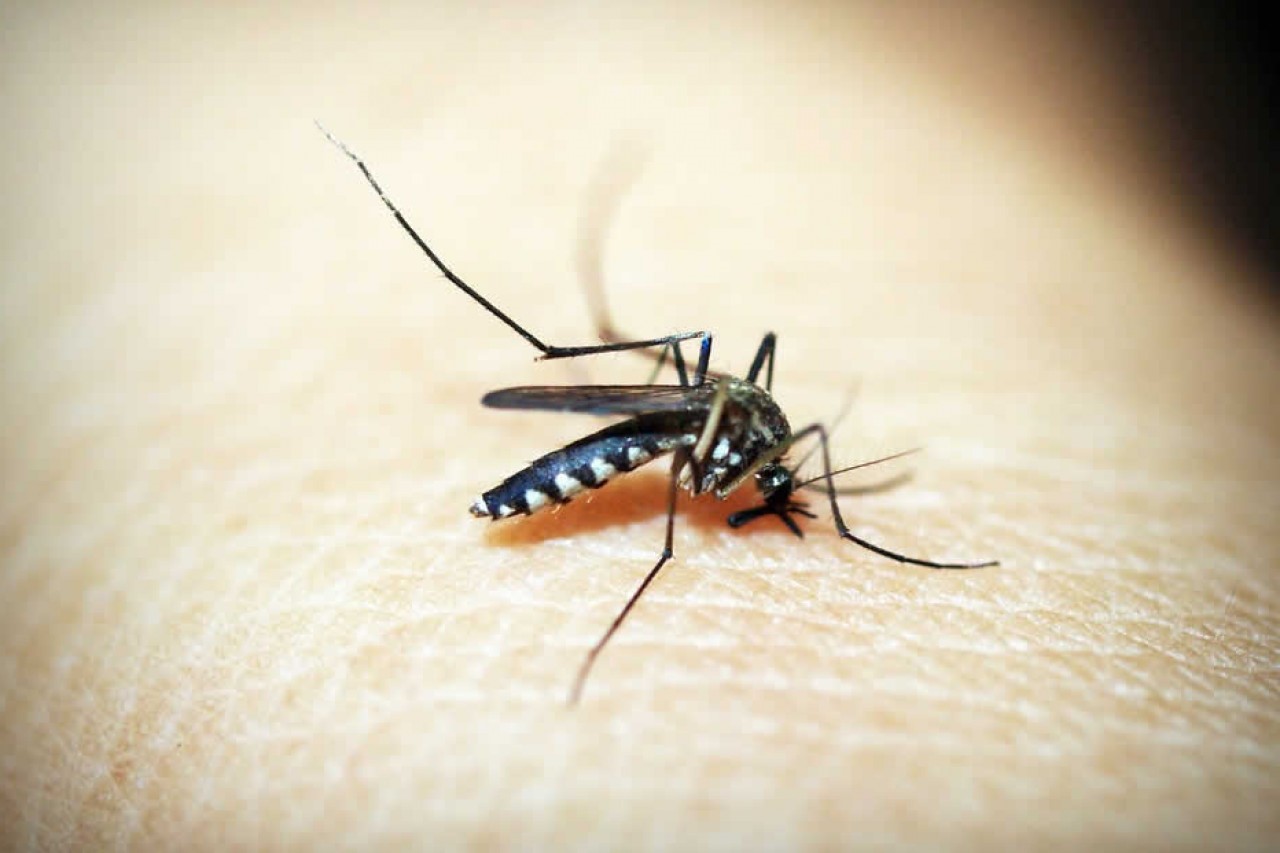
Ever wondered why April 25th is marked on calendars across the globe? World Malaria Day is more than just a date; it's a global observance aimed at raising awareness and funds to fight a disease that, despite being preventable and treatable, continues to claim lives every year. But why dedicate a whole day to malaria? Well, the answer is as compelling as the stories of those affected. This day serves as a critical reminder of the ongoing battle against malaria, highlighting the successes in malaria control and the urgent need for continued investment and innovation. From historical milestones to the latest strategies in combating this disease, understanding the significance of World Malaria Day can inspire action and hope. Join us as we unravel 13 fascinating facts about this observance, shedding light on its importance and the collective efforts needed to end malaria for good.
Key Takeaways:
- World Malaria Day on April 25th raises awareness and funds to fight malaria, a deadly disease affecting vulnerable populations, and celebrates progress in combating it.
- You can help fight malaria by donating, advocating for funding, educating others, participating in events, and volunteering with health organizations. Every action makes a difference!
What is World Malaria Day?
World Malaria Day, observed every April 25th, serves as a day to highlight efforts to control malaria and celebrate the gains that have been made in fighting this deadly disease. Since its establishment by the World Health Organization (WHO) in 2007, this day has played a crucial role in educating the public about the reality of malaria and mobilizing resources to combat it.
Why April 25th?
- April 25th was chosen for World Malaria Day to coincide with Africa Malaria Day, an event that had been commemorated across the African continent since 2001. This alignment underscores the global commitment to defeating malaria, particularly in regions where it poses a significant threat to public health.
The Theme of World Malaria Day
- Each year, World Malaria Day is marked by a unique theme, chosen to highlight a specific aspect of malaria prevention, treatment, or eradication efforts. For instance, recent themes have focused on "Zero Malaria – Draw the Line Against Malaria" and "Reaching the zero malaria target," emphasizing the goal of eradicating the disease entirely.
The Global Impact of Malaria
-
Malaria remains one of the deadliest diseases globally, with the WHO reporting hundreds of thousands of deaths annually. Most of these deaths occur in sub-Saharan Africa, affecting the most vulnerable populations, including pregnant women and children under five years of age.
-
Despite the challenges, significant progress has been made in the fight against malaria. Since 2000, global efforts have resulted in a 37% reduction in malaria incidence and a 60% reduction in mortality rates among children under five.
How World Malaria Day Makes a Difference
-
World Malaria Day plays a vital role in raising awareness and funds to combat malaria. Through global solidarity and the efforts of various stakeholders, including governments, non-profit organizations, and communities, resources are mobilized to support malaria control and elimination strategies.
-
Education campaigns launched on World Malaria Day also help to disseminate crucial information about malaria prevention methods, such as the use of insecticide-treated bed nets and indoor residual spraying.
Challenges in the Fight Against Malaria
-
Despite the progress, the fight against malaria faces several challenges. These include resistance to antimalarial drugs and insecticides, which complicates efforts to control the disease.
-
Climate change also poses a significant threat, as warmer temperatures and changing rainfall patterns can lead to an increase in the number and spread of mosquitoes, potentially expanding malaria's geographic reach.
How You Can Help
-
Individuals can contribute to the fight against malaria in various ways. Donating to organizations that work on malaria prevention and treatment is one direct method of support.
-
Advocating for increased funding and political commitment towards malaria eradication can also make a significant difference. Public support can influence policymakers to prioritize malaria on the global health agenda.
-
Educating oneself and others about malaria and its prevention is another crucial step. Knowledge is power, and spreading awareness can save lives by encouraging preventive measures in communities at risk.
-
Participating in World Malaria Day events, whether online or in person, helps to keep the momentum going in the fight against this disease. Every action, no matter how small, contributes to the larger goal of eradicating malaria.
-
Finally, volunteering with local or global health organizations can provide hands-on support in malaria-affected regions. Volunteers play a critical role in implementing malaria prevention and treatment programs, making a tangible difference in the lives of those at risk.
A Final Look at World Malaria Day
World Malaria Day shines a spotlight on a global challenge that, despite progress, still claims too many lives each year. Marked on April 25th, this day serves as a reminder of the importance of sustained efforts in malaria prevention and treatment. Awareness, education, and funding are crucial in combating this disease. Through collective action and support for research and development of new treatments and vaccines, we can make strides toward eradicating malaria. Let's use this day not just to reflect on the impact of malaria but also to recommit to the fight against it. Together, we can aim for a future where malaria no longer poses a threat to any part of the world. Remember, every effort counts in the battle against this preventable and treatable disease.
Frequently Asked Questions
Was this page helpful?
Our commitment to delivering trustworthy and engaging content is at the heart of what we do. Each fact on our site is contributed by real users like you, bringing a wealth of diverse insights and information. To ensure the highest standards of accuracy and reliability, our dedicated editors meticulously review each submission. This process guarantees that the facts we share are not only fascinating but also credible. Trust in our commitment to quality and authenticity as you explore and learn with us.


